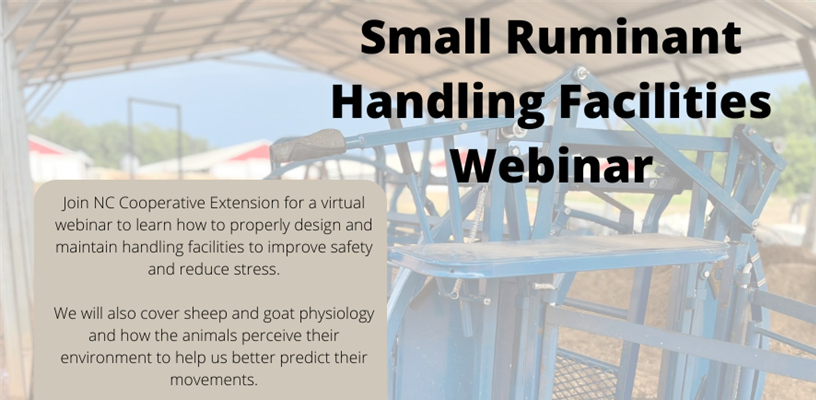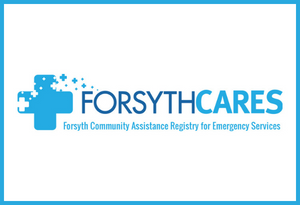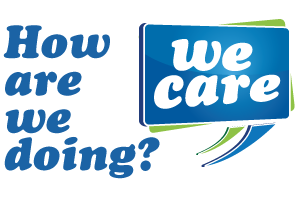
- By April W Bowman
- Posted Thursday, August 18, 2022
Small Ruminant Handling Facilities
If you have small ruminants, at some point you will need to work with them. Many common husbandry practices require close contact with individual animals, such as castration, vaccination, parasite control, and injury care. Sorting and moving animals upon arrival or departure from your farm also necessitates working with and individually sorting them. Depending on the type of operation, sometimes this includes a variety of sheep or goat ages, sizes, and temperaments. Working in enclosed spaces with small ruminants can be stressful for both the humans and animals, and in extreme cases lead to injury.
Properly designed and maintained handling facilities can improve safety and reduce stress for both humans and animals. Understanding sheep and goat physiology and how the animals perceive their environment help us better predict their movements and reduce potential issues within facilities. Considering common pitfalls and concerns can help producers of all sizes, whether you are planning a new facility or making improvements to existing ones. Evaluating and improving animal handling facilities can help save time, labor, and frustration.
Join Dr. Suzanne Leonard for a virtual Zoom on Thursday, September 22 from 7 p.m. to 8:30 p.m. EST to learn more about this topic. Suzanne is a native of Dugspur, Virginia and grew up on a commercial beef cattle operation. She is an Assistant Professor and Extension Specialist in the Department of Animal Science at North Carolina State University. With a BS and PhD in Agricultural Engineering, Suzanne’s work focuses on developing and utilizing technologies and data to optimize livestock housing and production.
Register using Eventbrite here to receive the Zoom meeting link.
For more information, email, April Bowman, Extension Agent, Livestock, Forages, and 4-H Youth Development at awbowman@ncsu.edu or call 336-703-2855.










